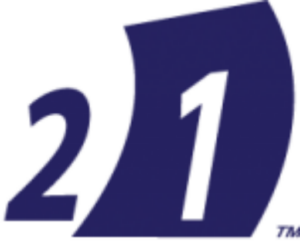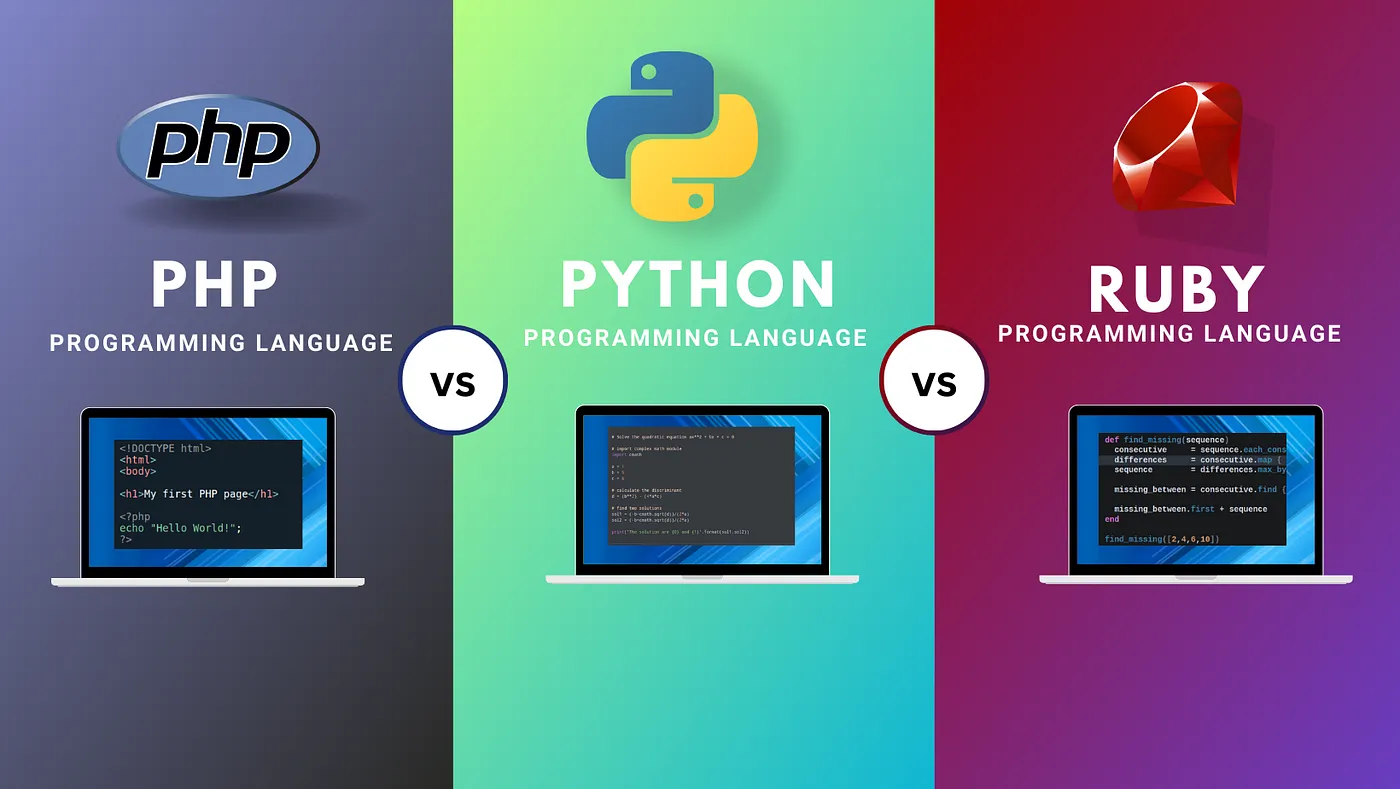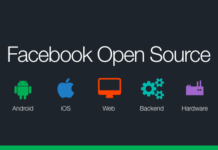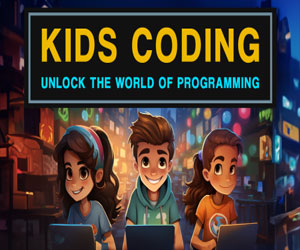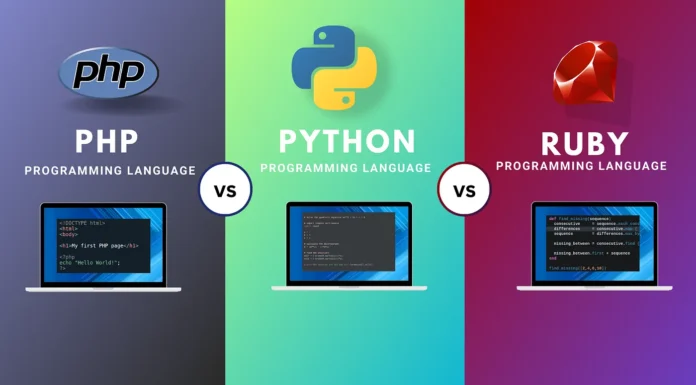The Modern Language Wars: PHP, Python, and Ruby
While the “language wars” have been a staple of the programming community for decades, the dynamics between PHP, Python, and Ruby have seen significant shifts over time.
A Brief History
- PHP: Once the dominant language for web development, PHP has evolved significantly, shedding its early reputation for being “hacky.” Modern PHP is a powerful and versatile language used by many large-scale applications.
- Python: Known for its simplicity and readability, Python has gained immense popularity in recent years, especially in data science, machine learning, and web development.
- Ruby: With its elegant syntax and focus on developer happiness, Ruby, particularly with the Ruby on Rails framework, was once a major player in web development. However, its popularity has somewhat waned in recent years.
Comparing the Three
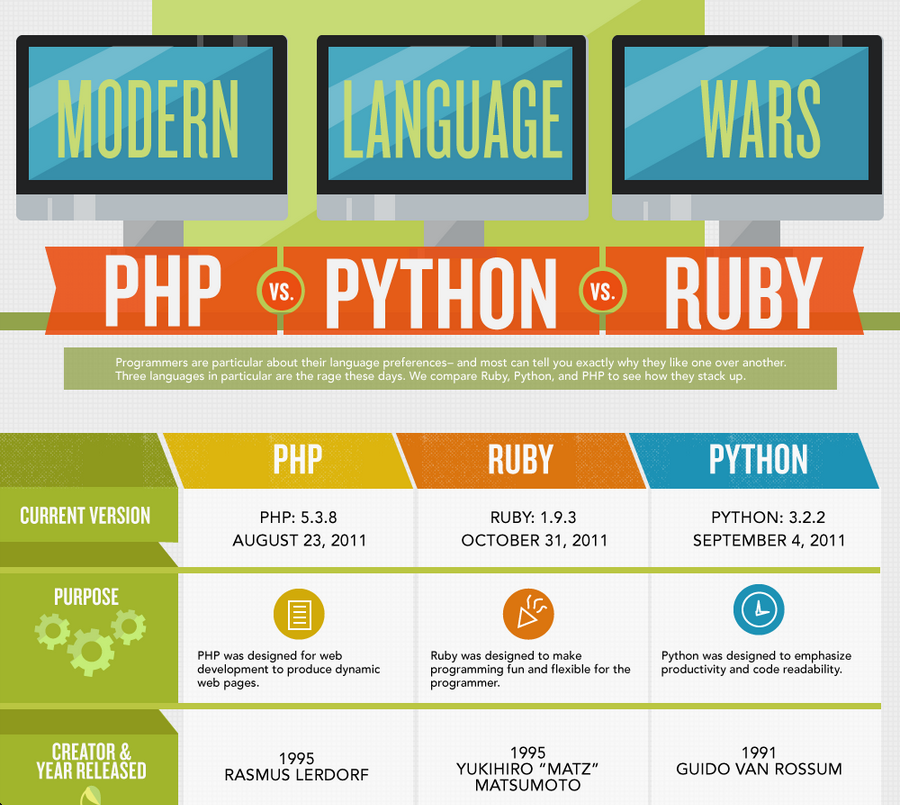
| Feature | PHP | Python | Ruby |
|---|---|---|---|
| Syntax | More verbose, can be less readable | Clean and concise | Elegant and expressive |
| Performance | Can be highly performant with optimizations | Generally slower than PHP and newer versions of Ruby | Can be slower than PHP and Python |
| Community and Ecosystem | Large and active community | Massive and diverse community | Smaller but passionate community |
| Web Development Frameworks | Laravel, Symfony, CodeIgniter | Django, Flask | Ruby on Rails |
| Data Science and Machine Learning | Used but less popular than Python | Dominant language | Used but less popular than Python |
The Modern Landscape
While all three languages remain relevant, Python has emerged as a strong contender, particularly in data science and machine learning. Its simplicity and extensive libraries have made it a popular choice for both beginners and experienced developers.
PHP continues to be a reliable choice for web development, especially for large-scale applications. Its performance and scalability, coupled with the maturity of its frameworks, make it a solid option.
Ruby, while still a powerful language, has seen a decline in popularity. However, it remains a viable choice for certain types of web applications, especially those that prioritize rapid development and developer productivity.
Ultimately, the best language for a specific project depends on various factors, including:
- Project requirements: The complexity, scalability, and performance needs of the project.
- Team expertise: The skills and experience of the development team.
- Community support: The availability of libraries, frameworks, and community resources.
- Personal preference: The developer’s preference for a particular language’s syntax and style.
By carefully considering these factors, you can choose the language that best suits your needs.
Would you like to delve deeper into a specific language or framework? Or perhaps discuss a particular use case?
